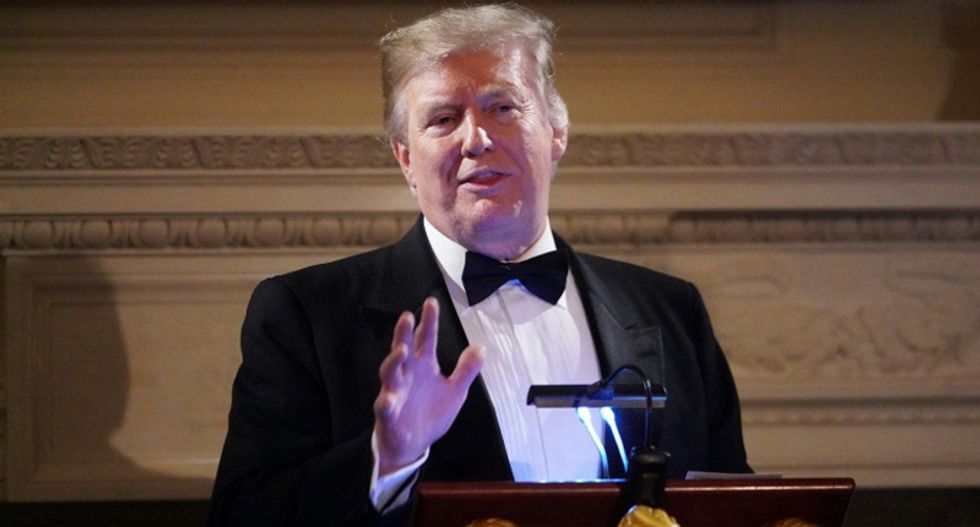
Why isn't Congress investigating the college cheating scandal
Just as the NCAA March Madness tournament begins, Congress will launch an investigation into recruiting practices at some of the top basketball programs in the United States. https://www.mcclatchydc.com/news/nation-world/national/article202467669.html Meanwhile, another University scandal has thrown the country into another scandal having to do with the haves, and the have nots.
The college cheating scandal has Americans glued to their screens to uncover the list of the rich and famous who were manipulating the system to score the best degrees for their children. According to at least one expert, the top one percent of Americans have a 77 percent greater chance of being admitted to an ivy-league school. In these cases, parents tried to find ways to con their kids to the top.
https://www.washingtonpost.com/outlook/the-college-admissions-game-is-rigged-arresting-cheaters-wont-change-that/2019/03/14/2127b340-4606-11e9-90f0-0ccfeec87a61_story.html
While Sens. Bernie Sanders (I-VT) and Elizabeth Warren (D-MA) are running for president, they're speaking out about the two-Americas, where the rich and powerful can do whatever they want, and the rest are forced to do what they can to have a shot at the American dream. Yet, no elected official has yet to announce they want a hearing or an investigation into these colleges and universities and the degree to which they were complicit.
“This is just stunning,” Warren said in an ABC News interview. “I mean, the notion that people thought they could keep cheating like this and build this, evidently build this huge cheating network for the children of the rich and the powerful to make it into fancy schools. To me, it’s just one more example of how the rich and powerful know how to take care of their own, and everybody else gets left behind. I think that’s wrong.”
Many colleges allow for a legacy admission, which is a preference given to children of alumni to the college and university. Some tie it to financial gifts as well. In the case of some applicants, monetary donations are a factor. The Price of Admission, by Daniel Golden, confirmed with Undergraduate Admission at Stanford that a "development case" is a term used to refer to children of important donors or potential donors. They end up with a higher advantage than even legacy students. https://www.stanforddaily.com/2013/03/12/connections-to-university-can-affect-admissions-decision/
How many of these universities that allow for this garner funding from their state government or federal taxpayers? How many middle-class students that have high achievements are losing their opportunities at these top colleges thanks to a family that can donate $1 million or more? It isn't something the vast majority of young Americans have access to, and thus can't fight for a fair shot at getting into school.
Texas Republican Gov. Greg Abbott has already called for Texas Universities to reconsider their admissions process, https://www.texastribune.org/2019/03/13/college-admissions-cheating-scandal-prompts-greg-abbott-call-review/ and the University of Southern California is considering whether the students admitted in the scandal should be removed from their school. Some of the staff who accepted bribes have been fired, but the colleges and universities that were involved are mostly getting away without any accountability.
While progressives are demanding no-cost higher education, most students are struggling merely to be accepted into the universities with top grades and outstanding test scores. Two students filed a class action lawsuit against the University of Southern California after they admitted Lori Loughlin's daughter Olivia Jade, who cheated the system while they exceeded grade, test and sports standards for admissions.
It's unclear whether Congress will look into schools that get taxpayer dollars while defrauding the public, but it seems like a rare opportunity to investigate ways in which income inequality benefits and penalizes the haves and the have-nots.
Are testing proctors complicit in the university scandal
The head of communications for the Council on American-Islamic Relations (CAIR) explained on MSNBC Sunday that the reason President Donald Trump hasn't spoken out about the recent terrorist attack in New Zealand is that it would draw attention to his white supremacy.
Instead, the White House went out acting chief-of-staff Mick Mulvaney to repeat that Trump isn't a white supremacist. It put Mulvaney into a difficult position because he was asked about the president's anti-Muslim bigotry, and his response was to say his boss wasn't a white supremacist like he was on autopilot.
“When you have to state repeatedly that you’re not a racist or a white supremacist, you probably are a racist and a white supremacist,” said CAIR communications director Ibrahim Hooper said.
"I think clearly this president has promoted white supremacy, has promoted racism, has promoted and exploited anti-Muslim bigotry," he continued. "I mean, it's clear. It's not even up for discussion. When you say, 'ban all Muslims from entering the United States,' when you say, 'Islam hates us,' when you say surveil the mosques;' when you do all of these kinds of things, you know, it's pretty obvious what's going on."
He went on to clarify that he does believe that Donald Trump is a white supremacist.
"You know, you have to wonder whether he has any ideology at all, but he really -- he came to his position based on white supremacy, based on Islamophobia, based on xenophobia," Hooper went on. "He lives, breathes hate, and that's what he feels benefits him instead of bringing the country together. He feels he benefits by dividing the country, and that has spilled over to the rest of the world as we saw in New Zealand."
Given that Trump has one of the biggest microphones in the world, Hooper wondered why he wouldn't take that opportunity to say something or do something that would stop these incidents in the United States and elsewhere.
Watch the conversation below:




